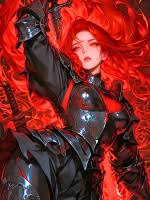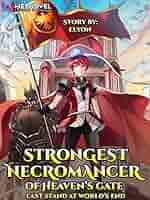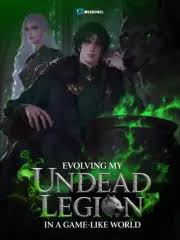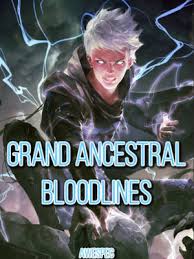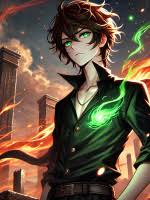The Story in 3 Sentences
Vritra Arclis and his classmates are transported from their ordinary high school to a divine realm by a goddess, where each student receives supernatural abilities, but Vritra gets cursed with Dust Manipulation, the most pathetic power imaginable that draws nothing but mockery and disgust.
Betrayed by his own classmates and cornered inside a deadly labyrinth with no escape, Vritra faces a choice between certain death or falling into an inescapable death trap that nobody has ever survived.
His fall into the abyss becomes the catalyst for transforming his worthless dust ability into something that defies all conventional power rankings, beginning a journey of revenge and dominance that will reshape the fantasy world’s understanding of what constitutes true strength.
Why It Stands Out
1. Trash to Treasure Power Evolution
The systematic transformation of Dust Manipulation from object of ridicule into reality-breaking SSS+ ability creates genuine satisfaction as readers witness each upgrade that vindicates Vritra’s early suffering.
2. Betrayal Motivation Done Right
The classmate betrayal adds personal stakes beyond typical power progression, making every confrontation with former allies feel emotionally charged rather than just another obstacle to overcome.
3. Harem With Consequence
The R18 elements and romantic relationships directly impact the power system through abilities like Blood Lock, integrating intimate scenes with actual plot progression rather than treating them as separate elements.
Characters That Leave a Mark
There’s Diana – the proud goddess whose initial scorn for Vritra’s pathetic ability transforms into something more complex as his true potential emerges, representing the divine forces that underestimated him.
You’ll meet Yasmine, who becomes crucial to Vritra’s escape and power development, showing how loyalty and intimate connection can literally unlock new abilities through the Blood Lock system.
And Ms. Mia? She’s the one whose classroom taunts in the original world establish Vritra’s underdog status, making his eventual transformation feel like cosmic justice for every humiliation he endured.
The Flaws Fans Debate
Some readers find the rapid power escalation undermines the careful buildup of Vritra being the weakest, making later challenges feel less meaningful.
The harem elements occasionally overshadow plot development when romantic encounters take priority over strategic advancement or world-building.
Character motivations become inconsistent as former allies’ betrayal reasons feel insufficient to justify their extreme actions against Vritra.
Must-Experience Arcs
Ch. 1-50: Divine Summoning – The classroom transportation and ability assignment establish the power hierarchy while setting up the betrayal that defines Vritra’s character arc.
Ch. 100-200: Labyrinth Betrayal – The ultimate test of Vritra’s resolve as classmates abandon him to certain death, triggering the transformation that changes everything about his abilities.
Ch. 250-351: SSS+ Ascension – The full realization of Dust Manipulation’s true potential creates confrontations with those who once scorned him while establishing new power dynamics.
Killer Quotes
“Dust Manipulation. A most… unusual ability. Seems like you have obtained the worst ability in the entire group.”
“Betrayed and cornered inside the labyrinth, Vritra had two choices: die… or fall into the death trap.”
Cultural Impact
The novel popularized the specific “trash ability becomes overpowered” subgenre with its focus on systematic power evolution rather than sudden revelation.
Fan communities created detailed ability ranking systems and theorycrafting about optimal dust manipulation applications in combat scenarios.
The betrayal by classmates resonated with readers who created extensive discussions about loyalty and revenge ethics in fantasy settings.
The R18 harem elements influenced other authors to integrate romantic relationships more directly into power system mechanics.
Final Verdict
Start Here If You Want:
A protagonist whose initial weakness makes every power gain feel genuinely earned through suffering and determination
Transmigration stories where the fantasy world assignment feels like cosmic punishment that gets transformed into ultimate advantage
Revenge narratives where betrayal by trusted allies creates personal stakes beyond simple power progression
Study If You Love:
Underdog stories that take time to develop the humiliation before delivering satisfying comebacks
Power systems where abilities can evolve beyond their original limitations through creative application
Harem novels where romantic relationships have mechanical impact on the protagonist’s abilities
Avoid If You Prefer:
Protagonists who start strong or gain power through noble means rather than desperate circumstances
Clean romance without explicit content or power systems tied to intimate relationships
Stories where classmates remain loyal friends rather than becoming antagonists through betrayal
